Content
Free Mental Health Assessment
Postpartum Anxiety Medication Guide

As a new mom, you have a lot on your plate. From shifting advice on sleep routines to constantly changing feeding guidelines, it’s easy to feel like you’re doing it all wrong — and let your worry get the best of you.
It might even leave you wondering: Is postpartum anxiety medication something I need? Is it safe to take when breastfeeding?
You want relief, but you also want to protect your newborn from any potential risks. So, how do you balance taking care of yourself while safeguarding your baby’s health?
Below, we cover safe ways to manage postpartum anxiety, including medications. But first, let’s break down what postpartum anxiety is — and isn’t.
Content
What Is Postpartum Anxiety?
Postpartum anxiety (AKA postnatal anxiety) is an anxiety disorder that can happen after giving birth.
Most new moms experience some anxious thoughts during this period — babies don’t exactly come with an instruction manual, after all. But postpartum anxiety involves significant feelings of anxiety that can get in the way of your daily life and your ability to care for yourself and your baby.
You may experience postpartum anxiety right after birth or it may creep in during the first year of your baby’s life.
Postpartum Anxiety Symptoms
Postpartum anxiety can feel different for everyone, but common symptoms include:
Disrupted sleep
Muscle tension
Nausea
Inability to relax
Irritability
Difficulty focusing
Feeling generally “on edge”
Rapid heart rate
Shortness of breath
Some moms (and non-moms) might tell you that these symptoms are just part of looking after a newborn — sleepless nights, feeling overwhelmed, and no time to unwind.
And yes, that’s true to an extent. But here’s the difference: postpartum anxiety involves persistent, unhealthy patterns of worry.
If anxiety starts preventing you from taking care of your baby or yourself, you could be facing more than typical new-parent stress. It could be postpartum anxiety disorder.
Learn more about the ins and outs of postpartum anxiety in our guide.
Postpartum Anxiety vs. Postpartum Depression
Postpartum depression (PDD) is a type of depression you can experience in the postpartum stage.
It has some overlapping symptoms with postpartum anxiety, like trouble sleeping, poor concentration, and fatigue.
But with PPD, you may also experience symptoms like:
Feelings of worthlessness
Depressed mood for extended periods
Thoughts of suicide or death
Put very simply: Postpartum anxiety may feature excessive worrying, while postpartum depression may feature excessive sadness or feelings of emptiness.
It’s also possible to experience postpartum anxiety and postpartum depression at the same time.
What Causes Postpartum Anxiety?
It’s not always clear what causes postpartum anxiety, just like it’s not always clear what causes anxiety disorders in general.
But the following may play a role:
Stress. Stress can come from factors like breastfeeding struggles, birth recovery, relationship strain, or financial worries that come with a growing family.
Hormonal changes. Hormones can disrupt your mood big time, and your hormones are all over the place post-birth.
Lack of sleep. Not getting enough sleep can also disrupt your mood and ability to function.
Increased responsibilities. Taking care of yourself, your new baby, and any other kids, too, all while recovering from birth = a recipe for anxiety.
The risk of postpartum anxiety varies from mom to mom.
Your chances of developing an anxiety disorder during the postpartum period are higher if you:
Care for multiple children
Lack support from a partner, family, or larger network
Have an eating disorder or a history of eating disorders
Have newborn or baby with health conditions
Have experienced a previous loss of a pregnancy
Have family history of mood disorders or anxiety
Managing anxiety can be tricky during the postpartum period. It’s not just the hormonal shifts and physical changes — there’s also breastfeeding to consider.
Many medications can pass through breastmilk, so some commonly prescribed anxiety medications aren’t ideal for new moms. But a healthcare provider can recommend some relatively safe options during this time.
Before starting any medication, it’s important to discuss potential risks and benefits with your doctor to find the best approach for your situation.
Sedatives
Sedatives like benzodiazepines can be a safe option for mothers with anxiety in the postpartum phase. In particular, a sedative called lorazepam.
Lorazepam works well for short-term relief, usually for one to three months, but it’s not meant for longer use due to its risk of dependency.
For lasting anxiety management, therapies like psychotherapy might be worth exploring, too.
Antidepressants
Some antidepressant medications can also help treat anxiety. And they may be safe for some people postpartum.
Selective serotonin reuptake inhibitors (SSRIs) fight anxiety by helping the brain better manage serotonin, a powerful neurotransmitter and mood regulator.
SSRIs that a doctor might prescribe to someone breastfeeding include:
Sertraline (Zoloft®)
Paroxetine (Paxil®)
There’s some evidence that antidepressants pose short-term risks for newborns and infants, but they’re not serious, and there have only been a few reports, so researchers aren’t sure the minor problems were really caused by the antidepressants. Ultimately, there’s not much research on whether there are long-term risks for the baby.
Experts believe the risk to infants from medication passed through breastfeeding is low. But more research is needed to understand long-term safety.
Consider talking to a healthcare professional about the potential risks and benefits of taking an SSRI for postpartum anxiety.
Speaking with a healthcare provider about your personal circumstances can help you find the answer.
Currently, the U.S. Food and Drug Administration (FDA) hasn’t approved any medications specifically for postpartum anxiety. But a healthcare professional might recommend medication if the benefits outweigh the potential risks to your baby.
Alternative Postpartum Anxiety Treatments
If medication isn’t an option, what can you do to treat postpartum anxiety? Your unique symptoms will help guide the best treatment for you.
Some effective non-drug treatments, include:
Acceptance and commitment therapy (ACT)
Lifestyle changes, like changes to your sleep, exercise routine, and diet
A mental health professional may also suggest other non-drug treatments and help you learn coping skills for anxiety.
As a new mom, you’re up against a lot. Postpartum anxiety is just one of the many challenges you might face, but it’s not one you have to tackle alone.
Let’s recap what we know about postpartum anxiety medication and treatment:
Medication can help ease severe symptoms. But it’s not suitable for everyone. If you’re breastfeeding, a doctor can help you weigh the pros and cons of taking medication for anxiety.
When medication isn’t an option, other treatments can help. Therapy, lifestyle changes, and anxiety coping strategies can help with mild to moderate anxiety.
A healthcare provider can also screen you for other postpartum mood disorders. After birth, you’re also at higher risk for conditions like postpartum depression, comorbid depression, obsessive-compulsive disorder (OCD), and panic disorder.
Ready to get help but not sure where to find it? We’re here to guide you via our mental health resources. Learn more in our many guides on postpartum mental health (like this one on whether you can take antidepressants while breastfeeding).
We can also connect with a healthcare provider online.
5 Sources
- Ali E. (2018). Women’s experiences with postpartum anxiety disorders: A narrative literature review. https://pmc.ncbi.nlm.nih.gov/articles/PMC5983016/
- Chad L, et al. (2013). Update on antidepressant use during breastfeeding. https://pmc.ncbi.nlm.nih.gov/articles/PMC3681447/
- Drugs and lactation database. (2024). https://www.ncbi.nlm.nih.gov/books/NBK501231/
- Ghiasi N, et al. (2024). Lorazepam. https://www.ncbi.nlm.nih.gov/books/NBK532890/
- Misri S, et al. (2015). Perinatal generalized anxiety disorder: Assessment and treatment. https://pmc.ncbi.nlm.nih.gov/articles/PMC4589308/
Editorial Standards
Hims & Hers has strict sourcing guidelines to ensure our content is accurate and current. We rely on peer-reviewed studies, academic research institutions, and medical associations. We strive to use primary sources and refrain from using tertiary references. See a mistake? Let us know at [email protected]!
This article is for informational purposes only and does not constitute medical advice. The information contained herein is not a substitute for and should never be relied upon for professional medical advice. Always talk to your doctor about the risks and benefits of any treatment. Learn more about our editorial standards here.
Daniel Z. Lieberman, MD
Education
Doctor of Medicine - New York University Grossman School of Medicine, 1992
Bachelor of Arts - St. John’s College, 1985
Training
Internship & Residency - New York University Grossman School of Medicine, 1996
Medical Licenses
District of Columbia, 1996
Maryland, 2022
Virginia, 2022
Board Certifications
American Board of Psychiatry and Neurology, Psychiatry, 1997
American Board of Psychiatry and Neurology, Addiction Psychiatry, 1998
Other Certificates & Certifications
Stanford Online, AI in Healthcare Specialization Certificate, 2025
Stanford Online, Machine Learning Specialization Certificate, 2024
Affiliations & Memberships
Specialties & Areas of Focus
Mental Health
Years of Experience
33
Previous Work Experience
Professor and Vice Chair - Department of Psychiatry and Behavioral Sciences, George Washington University, 1996–2022
Publications & Research
Title: A neurotransmitter approach to the trolley problem
Published in: OBM Neurobiology
Date: 2019
URL: https://www.lidsen.com/journals/neurobiology/neurobiology-03-02-030
Title: An automated internet application to help patients with bipolar disorder track social rhythm stabilization
Published in: Psychiatric Services
Date: 2011
URL: https://psychiatryonline.org/doi/10.1176/ps.62.11.pss6211_1267
Title: Enhancing adherence to mood charting with an online version of the NIMH Life Chart
Published in: Annals of General Psychiatry
Date: 2010
URL: https://annals-general-psychiatry.biomedcentral.com/articles/10.1186/1744-859X-9-S1-S11
Title: The role of gender in single versus married patients with bipolar disorder
Published in: Comprehensive Psychiatry
Date: 2010
URL: https://www.sciencedirect.com/science/article/abs/pii/S0010440X0900128X
Title: Evaluation of the stability and validity of participant samples recruited over the Internet
Published in: CyberPsychology and Behavior
Date: 2008
Title: Pathways to change: The effect of a Web application on treatment interest
Published in: The American Journal on Addictions
Date: 2008
URL: https://onlinelibrary.wiley.com/doi/10.1080/10550490802138525
Media Mentions & Features
Washington Post, Why do passengers freak out on airplanes? Science might have the answer.
Associated Press, MillerCoors Tapping Into Millenials
The Washington Post, Holiday drinking can be hard on your health, but you can take precautions
Le Figaro (France), Daniel Z. Lieberman: «La dopamine nous pousse à acheter en nous promettant le bonheur» (Daniel Z. Lieberman: “Dopamine drives us to buy by promising us happiness”)
Men’s Health (Spain), Cómo la dopamina influye en nuestro cerebro y determina nuestra vida (How dopamine influences our brain and determines our lives).
CNBC, The psychological reason it’s so hard to work today after the riot — and how to cope
Business Insider, The reason why we self-sabotage is because our brains are wired to resist the things we want most in life
U.S. News & World Report, How Your Secrets Can Damage and Maybe Even Kill You
Why I Practice Medicine
I practice medicine because I believe that mental health is the foundation of a meaningful life. When people suffer psychologically, it touches every part of their existence—from relationships to work to the simple ability to feel joy. Because it can be so difficult for people who are suffering to find good mental health care, my mission has been to expand access through technology, so that no one is left behind.
Hobbies & Interests
I like to write in my spare time. I’ve written two nonfiction titles, Spellbound: Modern Science, Ancient Magic, and the Hidden Potential of the Unconscious Mind and the international bestseller, The Molecule of More: How a Single Chemical in Your Brain Drives Love, Sex, and Creativity--and Will Determine the Fate of the Human Race
Professional Website or Profile
danielzlieberman.com
Related Articles
Related Conditions
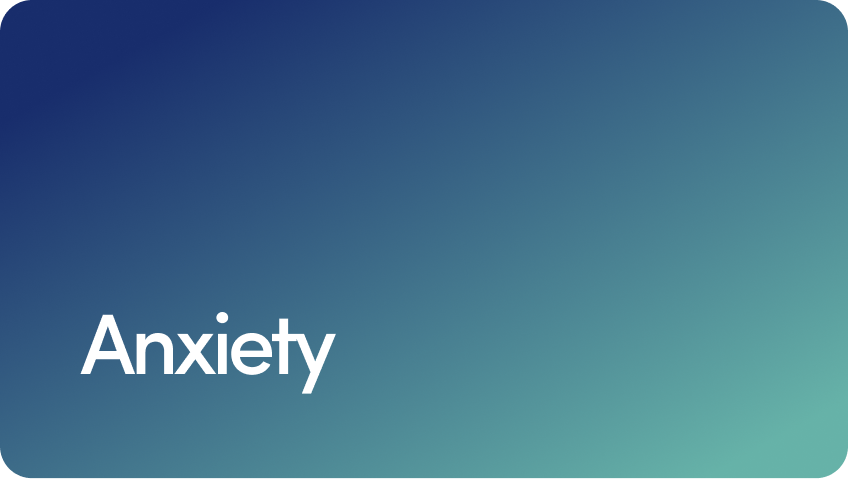 Anxiety
Anxiety
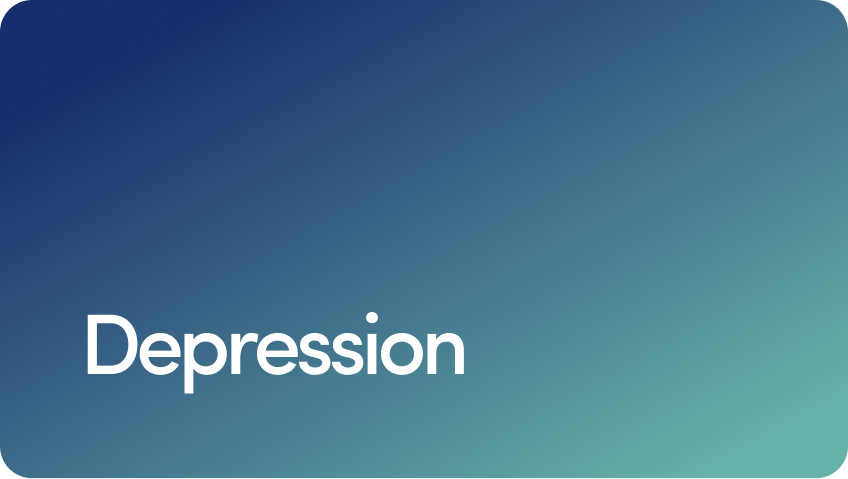 Depression
Depression
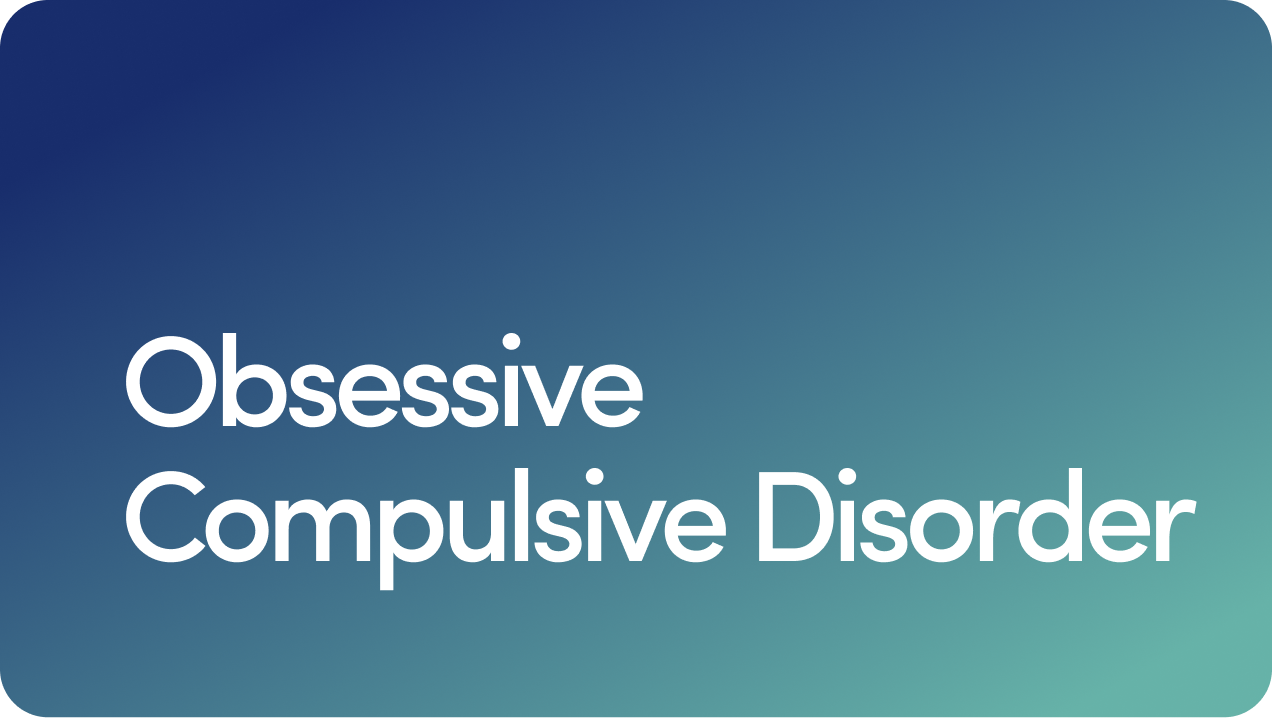 OCD
OCD
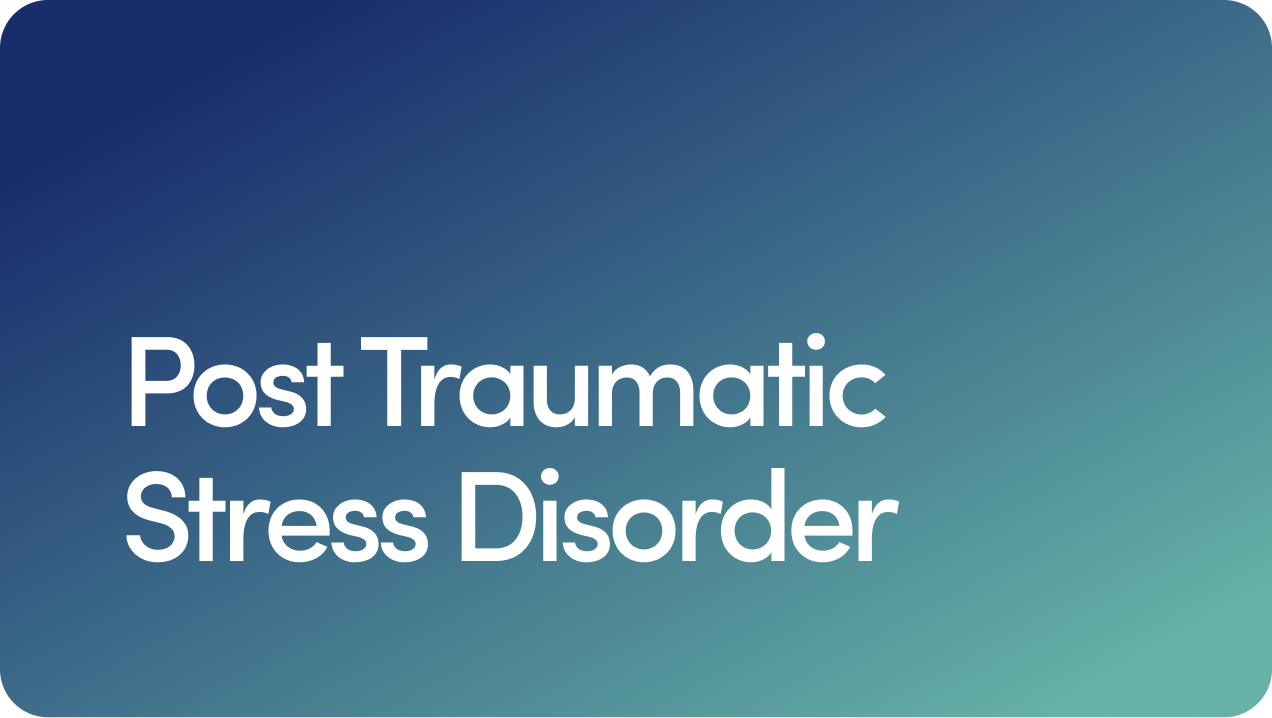 PTSD
PTSD
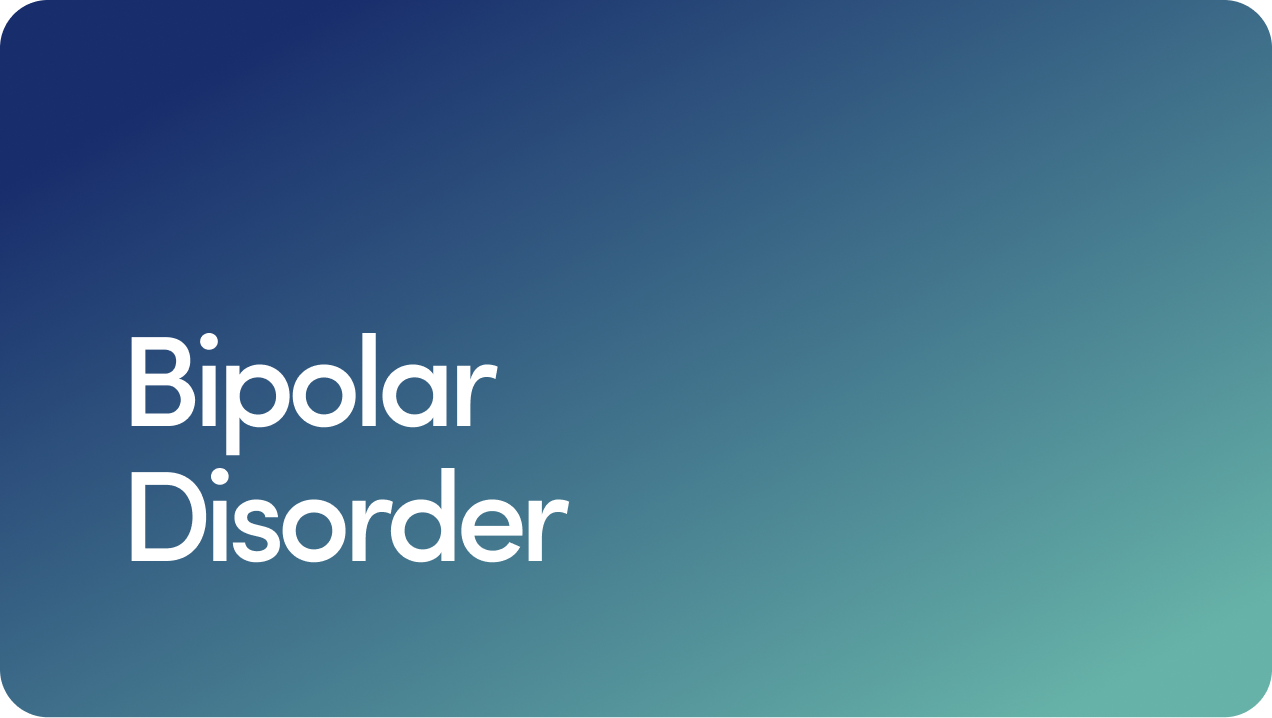 Bipolar Disorder
Bipolar Disorder
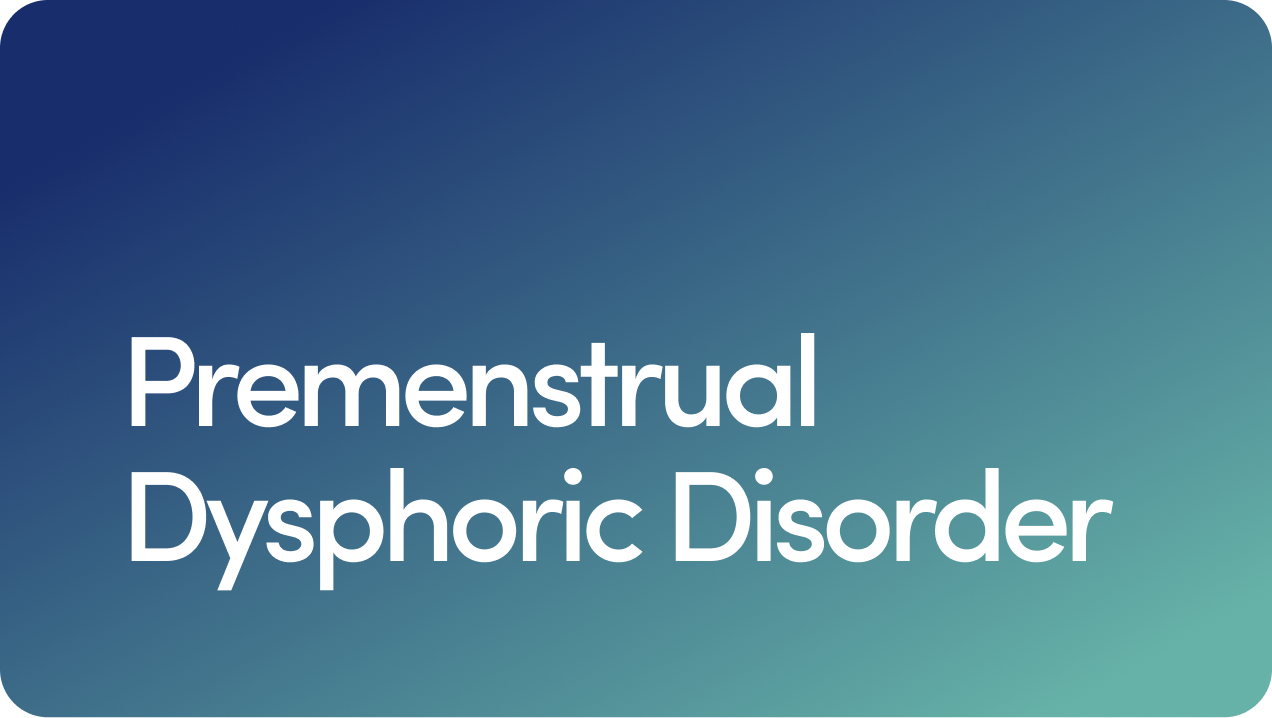 Premenstrual Dysphoric Disorder
Premenstrual Dysphoric Disorder